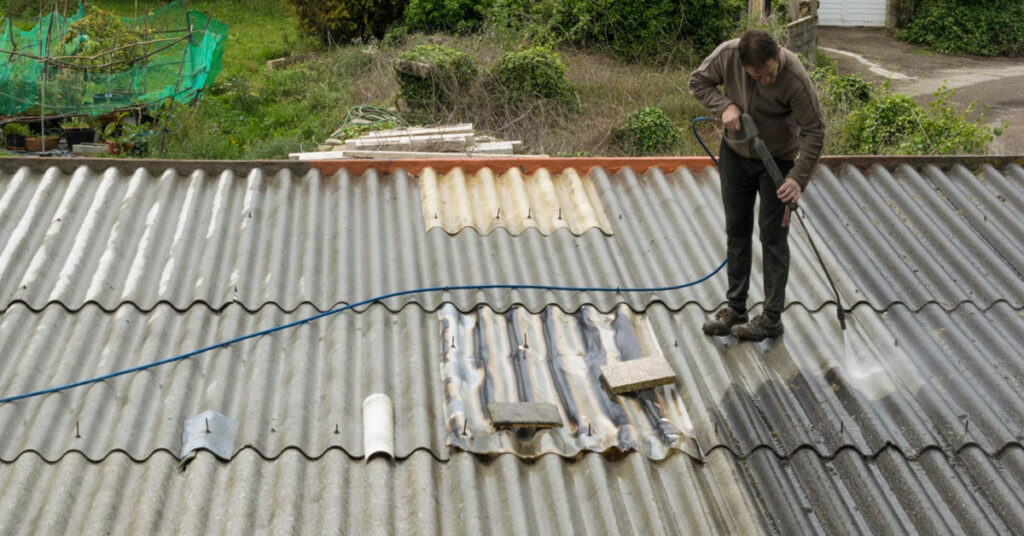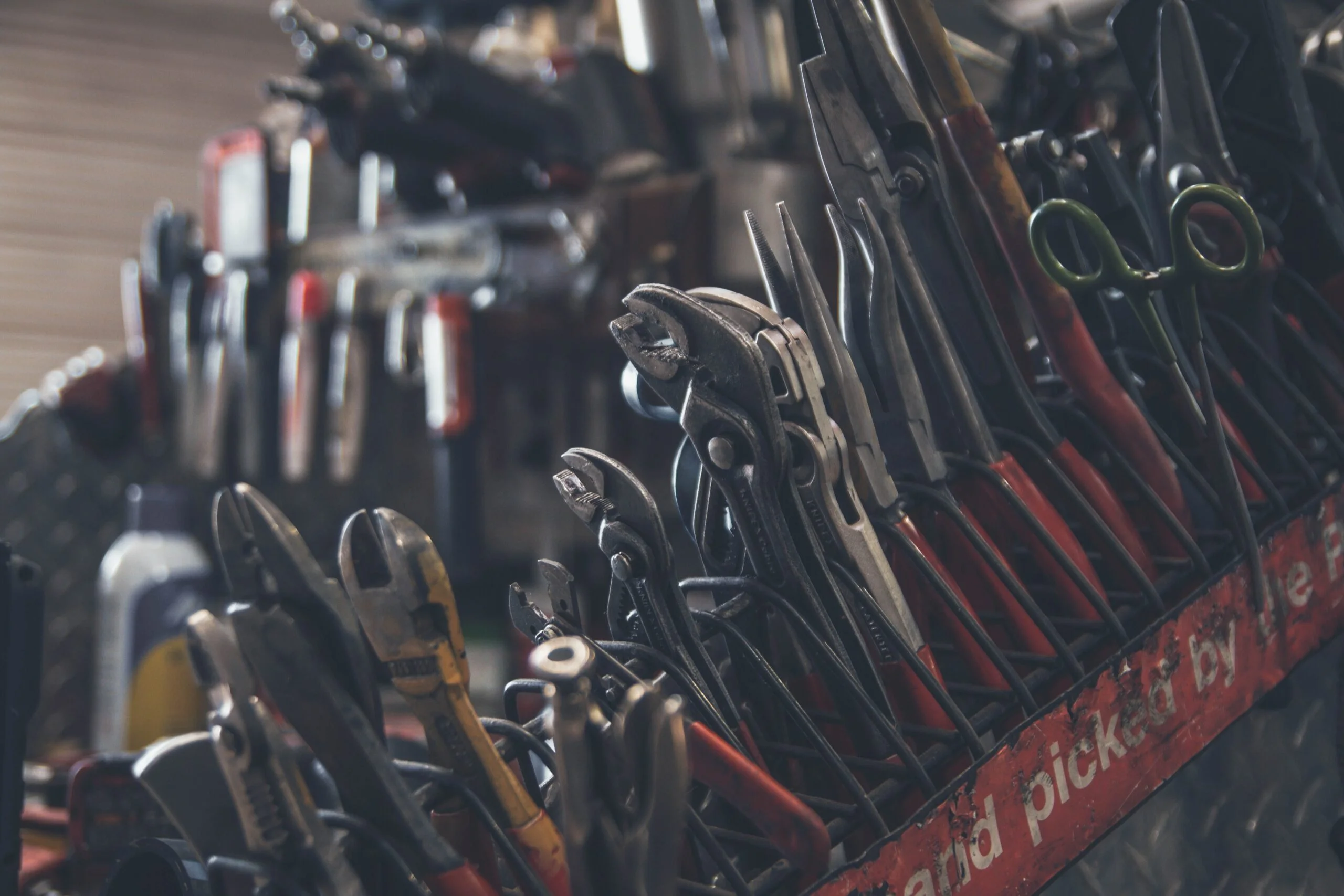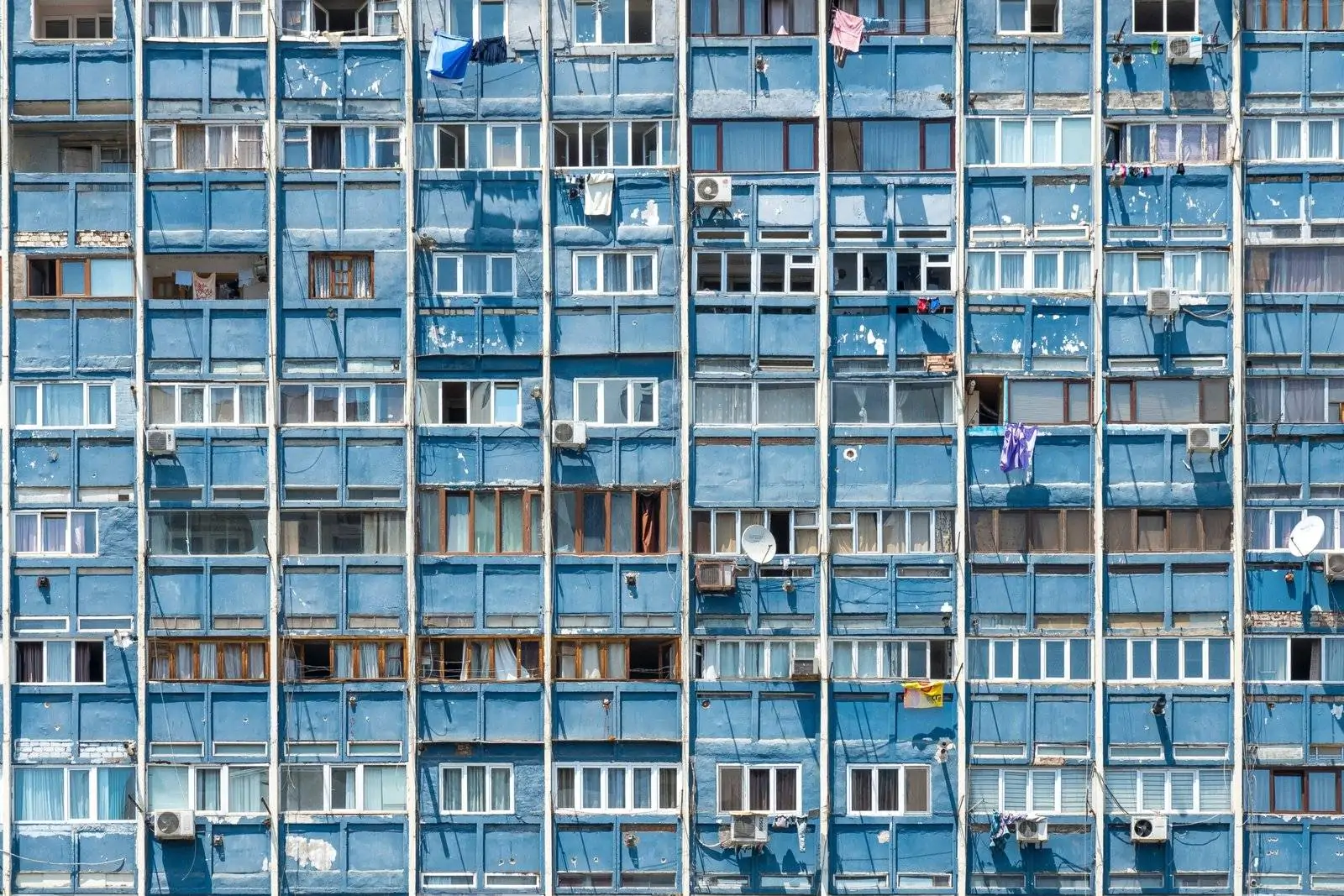As a homeowner in Dallas, Texas, it’s crucial to understand why your roof might be leaking and how to address this issue effectively. Roof leaks not only jeopardize the integrity of your home but can also lead to costly repairs if left unchecked. In this blog post, we’ll delve into the common causes of why is my roof leaking. Let’s get started
Why is My Roof Leaking
The following are some of the reasons why your roof may be leaking.
Weather-related Damage
Dallas is no stranger to extreme weather conditions, from heavy rains to scorching heat and occasional hailstorms. Over time, exposure to these elements can take a toll on your roof, leading to deterioration and, ultimately, leaks. Rainwater can seep through weakened areas, compromising the roof’s integrity and causing water damage to your home’s interior.
To mitigate weather-related damage, it’s essential to schedule regular roof inspections, especially after severe weather events. Investing in preventative maintenance, such as resealing vulnerable areas like flashing and vents, can also help fortify your roof against the elements.
Poor Installation
Improper installation of roofing materials is a common culprit behind roof leaks. Whether it’s incorrectly installed shingles, inadequate flashing, or poorly sealed vents, these mistakes can create weak points where water can infiltrate. For homeowners in Dallas, ensuring that your roof is installed by licensed and experienced professionals is paramount.
Additionally, adhering to manufacturer guidelines for installation and maintenance can help minimize the risk of leaks. If you suspect that your roof was installed incorrectly, consider hiring a reputable roofing contractor to assess the situation and make necessary repairs.
Age of the Roof
As roofs age, they become more susceptible to leaks due to wear and tear. Over time, shingles may become brittle, seals may degrade, and structural components may weaken, leaving your roof vulnerable to water intrusion. For homeowners in Dallas, it’s essential to keep track of your roof’s age and condition.
Most asphalt shingle roofs have a lifespan of 20-30 years, depending on factors such as climate and maintenance. As your roof approaches the end of its lifespan, consider scheduling a professional inspection to assess its condition and determine if repairs or replacement are necessary.
Clogged Gutters and Downspouts
Clogged gutters and downspouts can exacerbate roof leaks by preventing proper drainage of rainwater. Leaves, twigs, and other debris can accumulate in gutters, obstructing the flow of water and causing it to overflow onto the roof. Over time, this standing water can seep beneath shingles, leading to water damage and leaks.
To prevent clogged gutters, homeowners in Dallas should schedule regular gutter cleaning, especially during the fall season when leaves are abundant. Installing gutter guards can also help minimize debris buildup and maintain proper drainage.
Damaged or Missing Shingles
Damaged or missing shingles are a common cause of roof leaks in Dallas. Whether it’s due to hail damage, high winds, or natural wear and tear, compromised shingles create openings for water to infiltrate the roof structure.
To address this issue, homeowners should inspect their roofs regularly for signs of shingle damage and replace any cracked, broken, or missing shingles promptly. Investing in high-quality, impact-resistant shingles can also provide added protection against severe weather conditions prevalent in Dallas.
Read More: Do Metal Roofs Last Longer?
Conclusion
Roof leaks can pose significant challenges for homeowners in Dallas, Texas, but understanding the common causes and implementing proactive solutions can help mitigate these risks. By staying vigilant with maintenance, conducting regular inspections, and investing in quality roofing materials and installations, you can safeguard your home against water damage and ensure the longevity of your roof.
If you’re experiencing persistent leaks or need professional assistance, don’t hesitate to consult with a reputable roofing contractor in your area.


